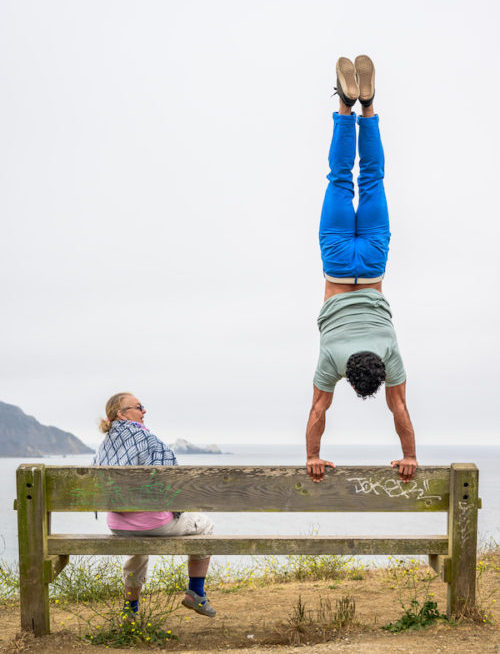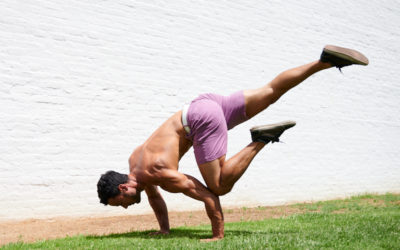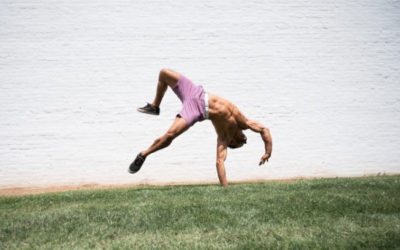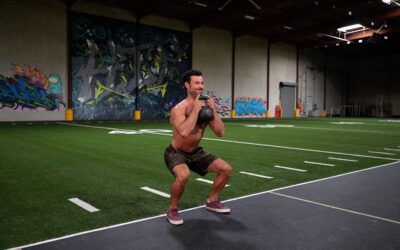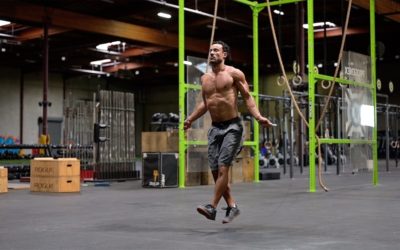We make a big distinction between training and testing. We map out generalized plans for our athletes for the long term when they come on board and we stick with these plans because we understand that this is the most effective method for producing both high level athletes as well as health in the general population.
A big part of this planning is testing. Without testing and creating understanding around where an athlete sits our plan would only be some squiggly lines on a whiteboard with no more meaning than a 2-year olds scribbling on the wall. Over time we can re-test and based upon the adaptations and other factors such as training age we can make an accurate hypothesis about a developmental timeline that can prepare an athlete for a specific event.
Everything else is training. And this is the fact that gets overlooked when we are watching someone accomplish the performance of a lifetime in an ironman, or at the world series, or in the Olympics.
On the long road between events there are many relationships that develop. Between the athlete and their coach, their family, with loved ones and their peers to name but a few. One of the most important of all is the athlete’s relationship with themselves. As a coach who works individually with all of my clients – athletes and exercisers alike – I’ve learned over time to respect the intuition of an athlete and allow them to direct the programming at times.
The distinction between direct and create is an important one in this case. As a coach I am in possession of much more knowledge and a very important outside perspective to the training that the athlete can never have. So I am always creating the program. However, if an athlete feels the urge, has an idea, anticipates a situation and wants to try something that is not in the training plan I am very interested in what has led to these ideas developing in the athlete’s mind.
Where I think a lot of coaches make a mistake is to shut down their athletes right away. Whether this stems from arrogance, or pride, or something else I think it misses out on an opportunity to see inside your athlete’s mind. Unless the request is ridiculous, which at times they are, I’ll ask a simply question. Why? If the athlete can give me a compelling reason for what they want to do I’ll basically let them do whatever the hell they want.
At times this ends up as education for me, finding out the athlete has great intuition in their movement, ability to pace, their need for rest, etc. Other times it end up as a trust building “I told you so” moment for myself where the athlete recognizes the value of the plan and comes back more ready than ever to strictly dedicate themselves to the training regimen as planned.
This all leads to the athlete learning to interpret their own thoughts and emotions more effectively. Some athletes will grow to be very intuitive and we can drive that process by allowing them the freedom to develop confidence in their thoughts around events and training. Other athletes will always need a strong guide, so allowing them the opportunity to fail without reprimanding them can help them understand this and better trust their coach as they build to the moments where the plan will matter most.
Undoubtedly there are certain times in a season and certain ideas that will be completely ridiculous. Outside of the most extreme circumstances I encourage you to at least hear your athletes out. Even if you decide the athlete doesn’t have a good reason for what they are asking for your athlete will trust that you keep an open space for communication open and the trust can develop more effectively in both directions.
